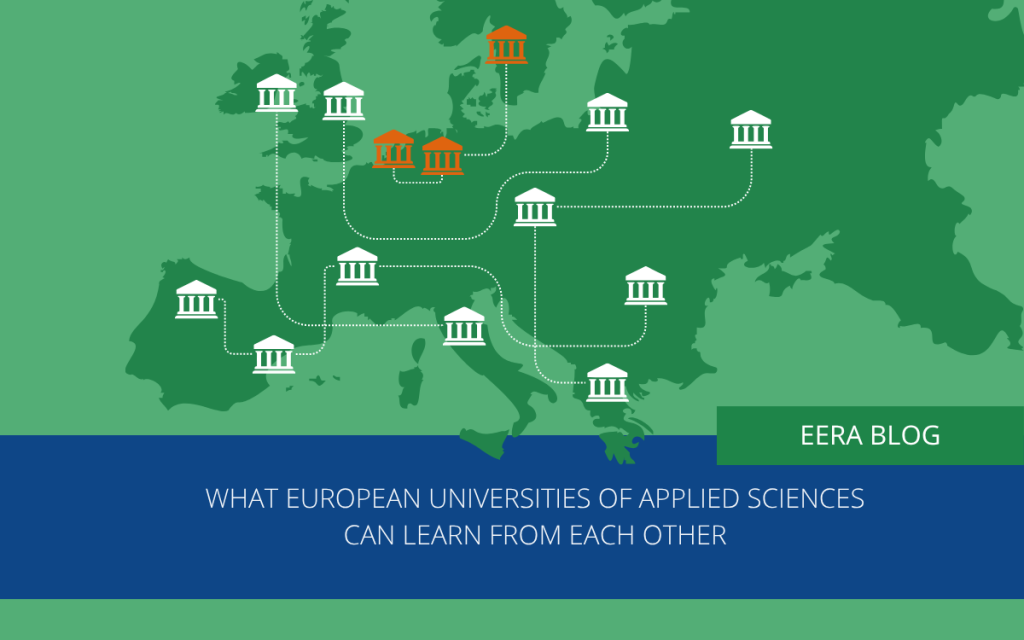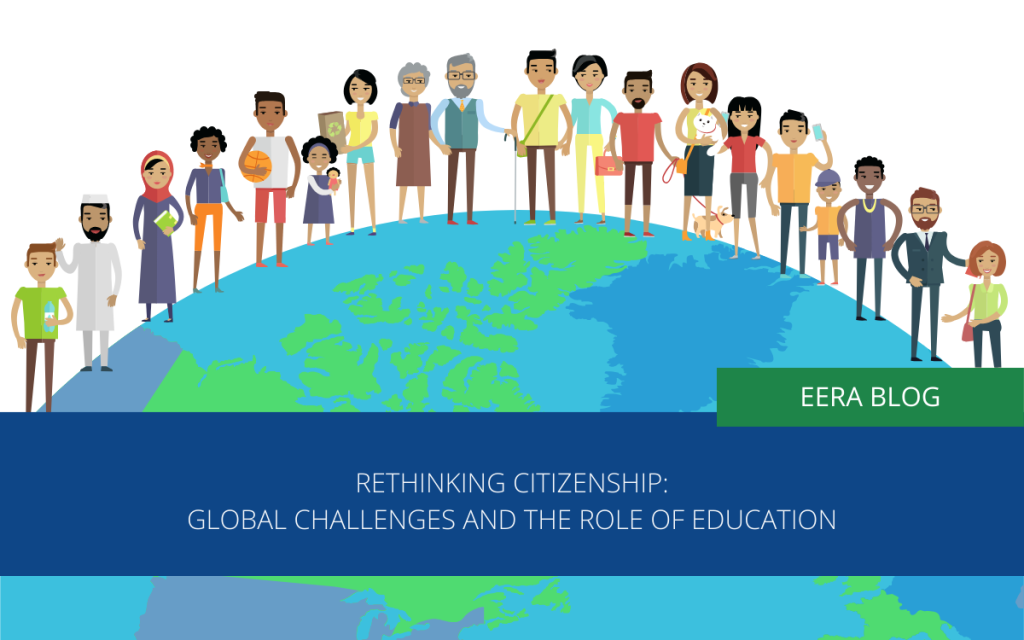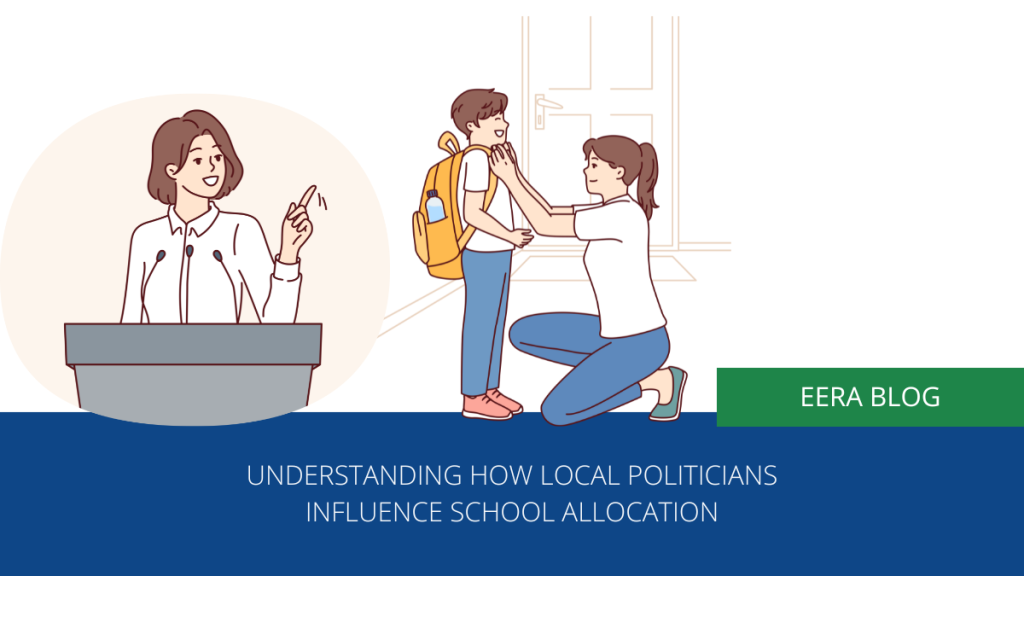Interview with Link Convenor 2019
Network Objectives
The Network has an interest in understanding education, and educational continuity and change, from a 'critical social science' perspective.
It wishes to encourage papers that:
- consider the historical and cultural construction of contemporary educational formations
- highlight the way education policy and politics is shaped by power relations, based in class, gender, ‘race’ and other social divisions, that play out through social movements and processes of institutional formation
- engage with policy developments that attempt to harmonise policies and politics across and beyond the EU.
The network wishes to encourage new researchers or those that lack established research relationships to identify and link with people already working in these traditions. Examples of areas in which papers are invited include the following:
Policy contestation and the politics of dissent: What are the ways in which dominant education policy discourses are being contested and struggled over in different settings (e.g. early years education, schools, vocational and higher education) and levels (EU, national systems, regions etc.) across Europe? How do we make sense of the differences and similarities across different settings and levels?
The politics of policy making in education
How is policy formed and formulated?
How do we conceptualise and understand the procedures and constraints of policy making at the local, the national and the global level.
How do policy agendas emerge or become silenced?
How is policy received, perceived and used by different social actors?
Education policy and the politics of equity: How is equity conceptualised in different European contexts. How is equity and inequity manifested in these different contexts?
How do we make sense of any similarities and differences?
Papers/symposia could focus on equity in general or on particular dimensions of equity, e.g. ‘race’, gender, class, sexuality, disability and the politics of inclusion.
Europe, Europeanisation and the politics of globalisation
To what extent is it possible to speak of a distinctive European domain of education policy and politics?
How can we make sense of trends in European education policy and practice in the wider context of contemporary globalism?
Discourses and research politics
What is the relationship between education governance and different kinds of knowledge including research knowledge?
How might we understand discourses of evidence-based policy in relation to education?
How is education research steered at national and global levels (e.g. via government, national, regional and supra-national agents, social movements, professional networks, media etc.) and what are the implications of this steering for the construction of education knowledge? How do networks operate in setting up research agendas?
How do struggles over what counts as valuable knowledge play out in the construction of the curriculum at different levels of education provision and for different student constituencies?
The politics of knowledge and the knowledge-policy relationship
How is knowledge used in the policy process?
Whose knowledge, and what kinds of knowledge, count and are valued in the policy process, and why?
What are the implications of the increasingly global flow of knowledge for policy and the policy process?
How do changes in the production, transmission and use of knowledge influence the relationship between policy makers and their publics?
What part does knowledge play in processes of, and struggles around, governance and regulation?
Religion and Education:
How might we re-theorise the relationship between religion and modernity in state education systems?
How should we make sense of the contested terrains of secularism, religious pluralism and religious indoctrination?
What is the place of religion in education policy and school curricular systems?How is religious diversity addressed?
What is, or ought to be, the relationship between religious affiliation, citizenship identity and social cohesion?
Is there a resurgence of religion as an integral component of ethno-cultural identity?
Methodological issues in the comparative study of education policy and politics and in studying developing European and global educational spaces: Methodological issues can be understood broadly to include such things as the politics and ethics of educational research as well as epistemological and research methods issues.
Criteria for proposals
Main criteria for the acceptance of proposals in Network 23
- Relevance to network themes and clear focus on policy issues (formulation, processes, actors involved, enactments)
- Quality of research (explication of the theoretical grounding and the methodology of the reported research)
- Relevance to Europe (each proposal should be explicit about its contribution to understanding policy making and the politics of education at the European level and/or with reference to globalisation processes).
- Presence of broader societal and/or critical perspectives
- Quality of presentation
Related Posts on the EERA Blog

European Universities of Applied Sciences are facing increading challenges. A research project investigates new paths for their strategic positioning, and how they can connect and learn from each other.
The post What European universities of applied science can learn from each other appeared first on EERA Blog.

The tension between universal human rights and national citizenship raises pressing questions about the role of education in fostering global civic responsibility. Drawing on the EU as a regional model and UNESCO’s Global Citizenship Education framework, the discussion examines both the possibilities and limits of cultivating citizenship beyond borders.
The post Rethinking citizenship: Global challenges and the role of education appeared first on EERA Blog.

While parents believe they have freedom in school selection, local politicians often play a crucial role in shaping access and decentralisation can lead to inequality.
The post Behind closed doors – Understanding how local politicians influence school allocation appeared first on EERA Blog.

How the European Alliance for Apprenticeships (EAfA) and the German Alliance for Initial and Further Training are shaping other EU states’ VET policies.
The post How interdependent national and EU-level policies for apprenticeship training are spreading through Europe appeared first on EERA Blog.
NW 23 runs a mailing list and invites researchers to join. To join the mailing list, send a blank message to nw23-subscribe(at)lists.eera-ecer.de